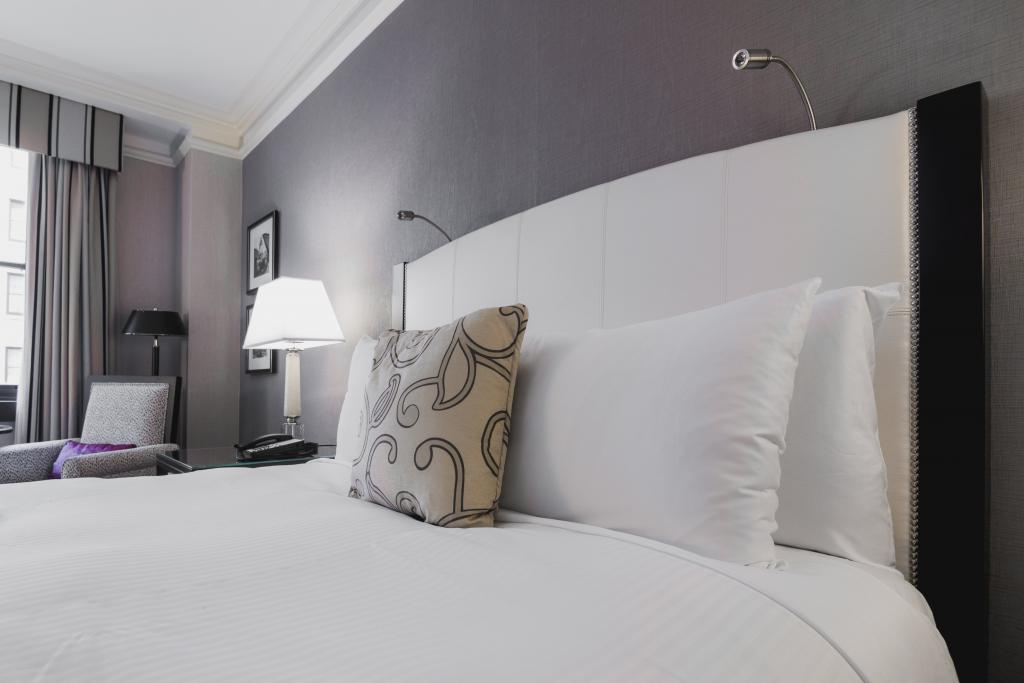
What is a ‘dwelling’? And can a hotel room occupied by a succession of temporary guests qualify as such? The Court of Appeal gave important guidance on those issues in overturning a domestic burglary conviction.
The case concerned an intruder who walked unchallenged into a hotel room whilst its occupant, who had booked a three-day stay, was out at work. Following his arrest, he was tried and convicted by a majority of burglary of a dwelling. He received a 30-month sentence for that offence.
Upholding his appeal, the Court noted that the word ‘dwelling’, although rather old-fashioned, is an ordinary English word. It indicates a degree of settled occupation and denotes a place where one lives and makes one’s home. Halls of residence, where a student lives for months, could qualify as a dwelling. However, a derelict house, or one that is newly built and yet to be occupied, might not.
Given that hotels are not generally built to be used as dwellings, but rather serve the commercial function of providing a temporary place to stay, the Court was confident that, where no one has checked into it, a standard hotel room cannot be said to be a dwelling. Hotel rooms lived in by staff, or by long-term guests, could be dwellings but that would depend on room configurations and particular arrangements in each case.
The most striking feature that pointed away from the relevant hotel room being a dwelling was the transient nature of its occupation. The trial judge had been bound to invite the jury to consider whether such occupation was consistent with it being a dwelling, rather than simply a place to stay when working away from home.
He should have explained to the jury what a dwelling is. It would have been sufficient for him to say that a dwelling is a building or part of a building in which a person is living and makes their home. His failure to put before the jury a balanced account of the features that pointed away from the hotel room being a dwelling rendered his summing up of the case unfair and the conviction unsafe.